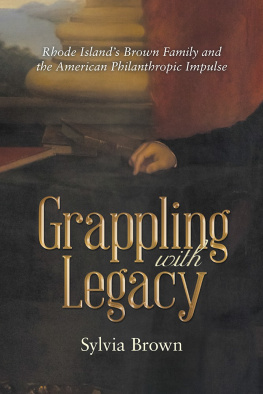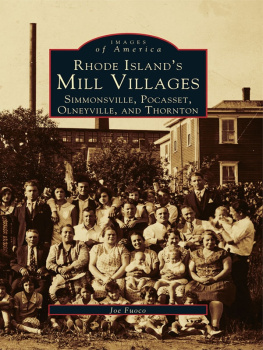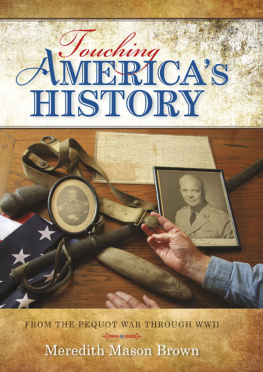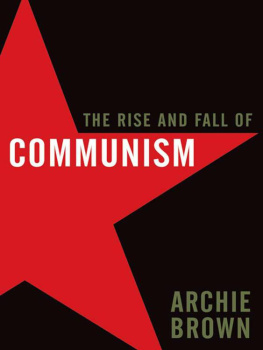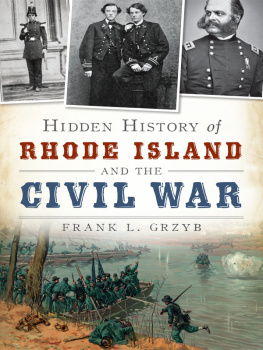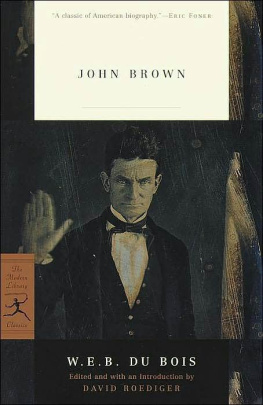Sylvia Brown - Grappling with Legacy: Rhode Islands Brown Family and the American Philanthropic Impulse
Here you can read online Sylvia Brown - Grappling with Legacy: Rhode Islands Brown Family and the American Philanthropic Impulse full text of the book (entire story) in english for free. Download pdf and epub, get meaning, cover and reviews about this ebook. year: 2017, publisher: Archway Publishing, genre: Home and family. Description of the work, (preface) as well as reviews are available. Best literature library LitArk.com created for fans of good reading and offers a wide selection of genres:
Romance novel
Science fiction
Adventure
Detective
Science
History
Home and family
Prose
Art
Politics
Computer
Non-fiction
Religion
Business
Children
Humor
Choose a favorite category and find really read worthwhile books. Enjoy immersion in the world of imagination, feel the emotions of the characters or learn something new for yourself, make an fascinating discovery.
- Book:Grappling with Legacy: Rhode Islands Brown Family and the American Philanthropic Impulse
- Author:
- Publisher:Archway Publishing
- Genre:
- Year:2017
- Rating:5 / 5
- Favourites:Add to favourites
- Your mark:
Grappling with Legacy: Rhode Islands Brown Family and the American Philanthropic Impulse: summary, description and annotation
We offer to read an annotation, description, summary or preface (depends on what the author of the book "Grappling with Legacy: Rhode Islands Brown Family and the American Philanthropic Impulse" wrote himself). If you haven't found the necessary information about the book — write in the comments, we will try to find it.
This is a fascinating and intellectually honest work about a remarkable family that has played a major role in the history of Providence and Rhode Island. Sylvia Brown has made a tremendous contribution in writing this wonderful book. It is clearly a labor of love, and we should all be grateful to her for it.
Vartan Gregorian, President of Carnegie Corporation
of New York, former President of Brown University
A splendid work of history-an honest, clearly written, and solidly based account of the private and public lives through four centuries of one of Americas most important and fascinating families.
Gordon Wood, Pulitzer Prize for History, Alva O. Way University Professor and Professor of History Emeritus at Brown University
What fuels a familys compulsion for philanthropy? Self-interest? A feeling of guilt? A sense of genuine altruism? Charitable giving is such an intrinsic part of American culture that its story deserves to be told, not in a dry, academic tome but through the tale of a colorful, multifaceted family.
Since 1638, the Browns of Rhode Island have provided community leaders in one of the nations most idiosyncratic states. In the 18th century, they excelled at maritime commerce, were pioneers of the American industrial revolution, and adorned their hometown of Providence with public buildings, churches, and a university. In the 19th century, they pioneered the modern notion that universities can be forces for social good. And, in the 20th century, they sought to transform the human experience through great art and architecture. Over three hundred years, the Browns also wrestled with societys toughest issuesslavery, immigration, child labor, the dispossessedand with their own internal family tensions.
Author Sylvia Brown tells the story of the ten generations of Browns that came before her with warmth and lucidity. Today, in an era of wealth creation and philanthropic innovation not seen since the Gilded Age, Grappling with Legacy provides fascinating insights into a unique aspect of Americas heritage.
Sylvia Brown: author's other books
Who wrote Grappling with Legacy: Rhode Islands Brown Family and the American Philanthropic Impulse? Find out the surname, the name of the author of the book and a list of all author's works by series.

